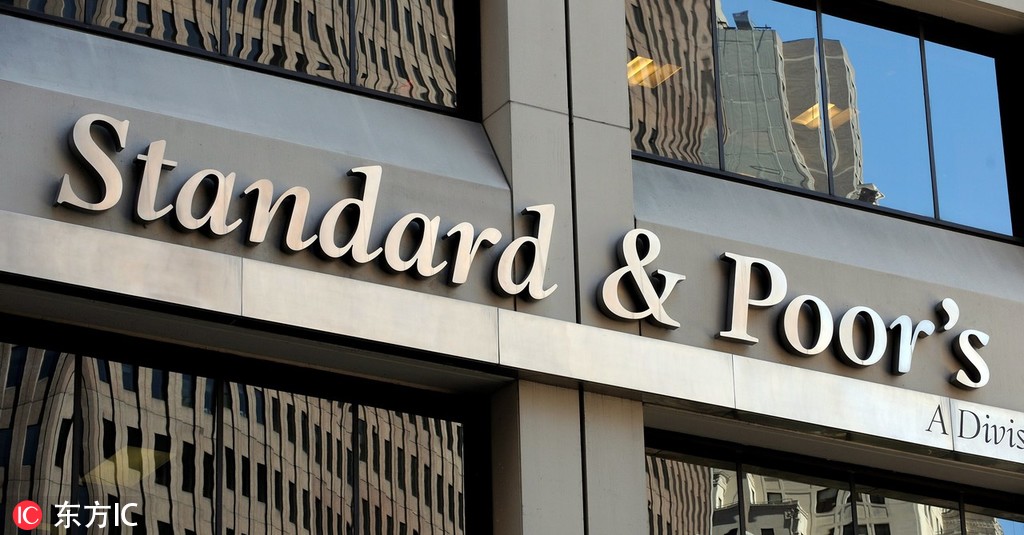Direction of opening-up foretold by S&P entering the Chinese market


China's central bank said on Monday it has filed the Standard&Poor's China branch in Beijing. On the same day, the National Association of Financial Market Institutional Investors notified its members that it has accepted the Standard&Poor's China branch's registration to do bond rating business in the interbank bond market. Beijing News comments:
Moody's, Fitch and Standard&Poor's became shareholders in some domestic credit rating agencies more than 10 years ago. But it was on Monday that China's credit rating market was finally opened to foreign players.
The top three international credit rating agencies started preparing for the day immediately after Chinese leaders vowed to further open up China's financial sector at the Boao Forum for Asia in April last year.
It is noteworthy that Standard&Poor's said it will adjust its rating standards to China's national conditions, which means the risk pricing of the same credit rating will be different at home and abroad, which is the company's tactic to minimize the risks to its reputation if the probability of default of a certain ratings given by its China branch is higher than that of same rating given by the company while applying international standards.
But if the localization of the Standard&Poor's is only to grab the market share as fast as possible, its ratings will not be valued. Only after more international ratings agencies enter the Chinese market will the competition among foreign and domestic ratings agencies be normalized. Which will promote the overall healthy development of the credit rating industry in China.
The coming of Standard&Poor's is only a prelude to the integration of Chinese and international financial markets. The foreign ratings agencies will accelerate the Chinese financial market's docking with the international market, and domestic credit rating standards and risk pricing will be unified with international standards, which will be conducive to Chinese enterprises' going out, as well as foreign companies' coming to China.


































